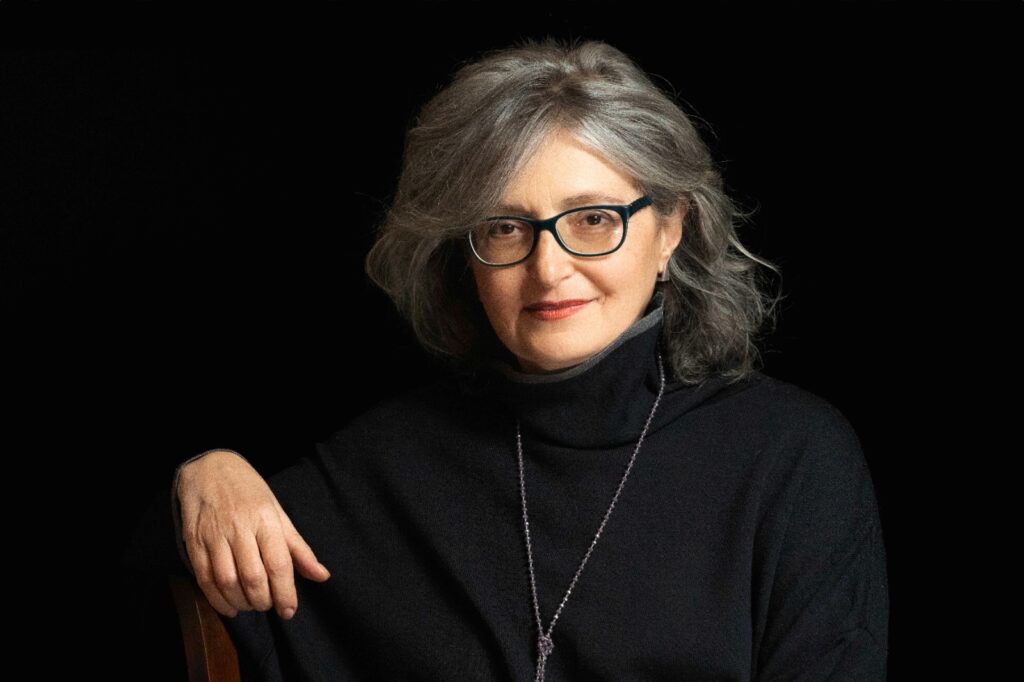Diversity, Equality and Inclusion (DEI), gender+ and intersectionality in ICT
Since the launch of Horizon Europe, the EU has emphasised the importance of bringing gender+, DEI and intersectionality perspectives into academic research and teaching. This presentation will explore key DEI-related issues in ICT, in particular the lack of diverse perspectives in research and development and the resulting impact on communication and teaching. This imbalance can lead to biases in data collection, algorithm development and system usability, potentially overlooking or exacerbating existing inequalities in the long term. Promoting gender diversity, integrating the principles of DEI and adopting an intersectional perspective may be challenging, but they are critical to creating more equitable and effective ICT technologies, systems and services. This in turn improves user satisfaction, fosters innovation and drives economic growth. An initial roadmap for addressing innovative strategies will be presented. [slides]

Dr. Rita Bencivenga (she/her), University of Genoa, Italy
Dr Rita Bencivenga is an expert with more than 35 years of experience in gender and EDI studies, with a focus on STEM subjects. She holds a PhD from the University of Paris X Nanterre, France, with a thesis on gender and ICT, and she currently works at the University of Genoa, Italy, promoting the introduction of Gender+ and EDI perspectives in research and teaching. Her general research interests are in gender+ in higher education, gender+ and technology, equality, diversity and inclusion (EDI). Her academic career includes collaborations with Queen’s University Belfast, UK; LEGS – Laboratoire d’études de genre et de sexualité at CNRS/Université Paris 8 Vincennes Saint-Denis and Université Paris Ouest, France; and Trinity University Dublin, Ireland. She has also taught at the University of Genoa, Italy, ISPEF, Université Lumière Lyon 2 and Université Paris 8 Vincennes – Saint-Denis, France.
She has been involved as coordinator or partner in over 30 international EU-funded projects dealing with gender and ICT, EDI, Gender+ and intersectionality in higher education and public organisations.
Since 1991, she has worked as an expert for numerous national and international funding organisations, including the European Commission, the European Institute of Innovation and Technology (EIT), the Malta Council for Science and Technology (MCST), the National Institute for Documentation, Innovation and Educational Research (INDIRE) and the National Institute for Public Policies Analysis (INAPP) in Italy, and the Executive Unit for the Financing of Higher Education, Research, Development and Innovation (UEFISCDI), Romania.
